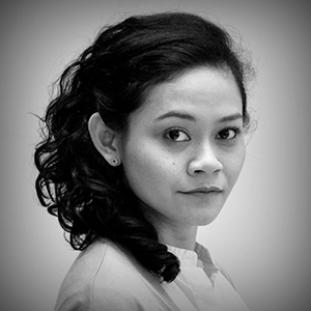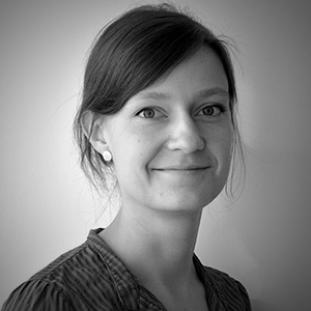Sustainability transformations do not only require an appropriate political framework and ideally the support of each individual, but also need to address the level of organisations and regions. On the one hand, some organisations such as education institutions from the primary to the tertiary level have the potential to have a strong multiplier effect by educating upcoming generations, whereas other organisations such as industrial or service sector companies may be important resource users with significant potential to reduce their environmental footprint. Finally, the UN system itself with a global staff strength of more than 125,000 and a high visibility can play a significant role for advancing sustainability transformations at the local level. Specific geographical regions can also play an outstanding role for transformative processes in industry and society, as the example of mining regions or old industrial areas illustrates. One specific focus of the work of UNU-FLORES is on the transformation of coal regions in the context of the energy transition, including Lusatia which will be developed into a laboratory case for Resource Nexus research.
The Resource Nexus is at the heart of UNU-FLORES’s understanding of sustainability transformations: Sustainability can only be achieved if the management of one environmental resource does not excessively compromise the health of other environmental resources. The Resource Nexus allows for the design of holistic transformation strategies that consider both synergies and trade-offs between different resource-specific management goals, allowing for the design of environmental management strategies that help minimise the overall environmental footprint of organisations and regions.
Lusatia will play a core role in research, education and advocacy related to the sustainable transformation of regions, serving both as a case study and a model region. In addition to the UNU-FLORES office in Weisswasser, the Living Art of Building (LAB) research centre will be closely connected to the work under this theme.




